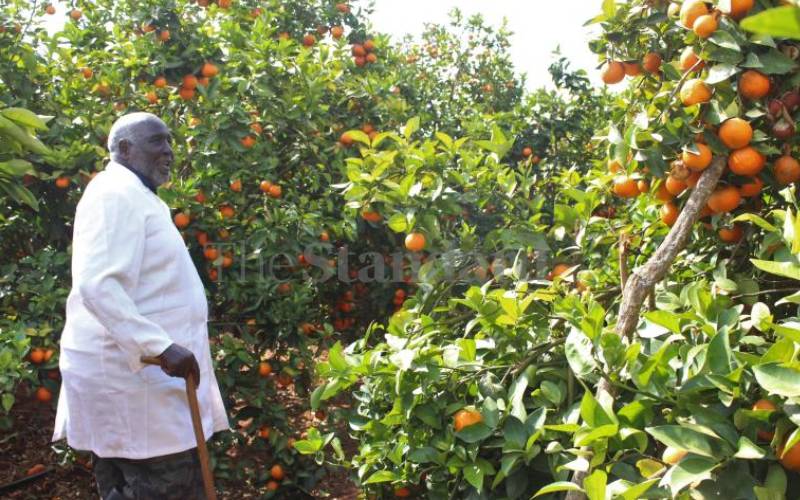×
The Standard e-Paper
Kenya’s Boldest Voice

An investment of Sh100,000 is sufficient to buy one acre of land in parts of rural Kenya and plant fruit trees. [John Muia, Standard]
One of the highlights of the just ended seventh devolution conference was a tree-planting session that saw 80 trees planted by county and national leaders. This session was the culmination of a two-million tree planting mission launched in May by the conference’s steering committee. The two-million trees target has now been met. All these trees can be accounted for.